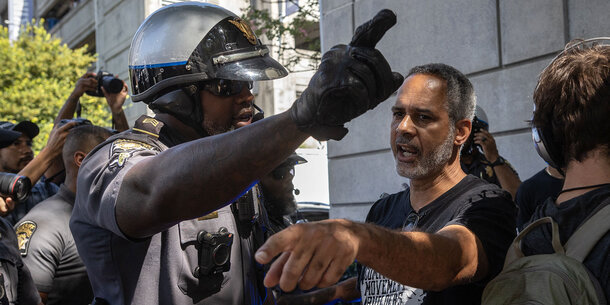Police departments across the country are using new surveillance tools such as facial recognition, social media monitoring, license plate readers, cell phone trackers, and predictive policing. These tools pose new challenges to protecting Americans’ civil rights and civil liberties and raise novel constitutional issues, some of which are being tested in court. They risk obscuring and automating racial inequalities under the guise of unbiased computer systems. Some, like facial recognition, are more error-prone for people of color. Others, like predictive policing programs, may simply recreate historical patterns of biased policing. And when used in tandem, surveillance technologies can result in a pervasive dragnet that is incompatible with a democratic society.
The Brennan Center has been at the forefront of exposing police surveillance technologies, explaining their risks, and advocating for greater transparency, safeguards, and oversight of their use.






